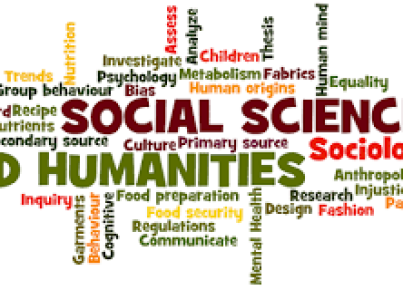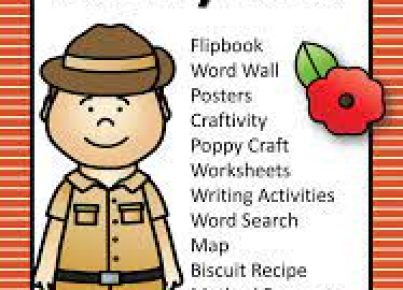Social emotional learning (SEL) has emerged as an integral part of education, addressing students’ needs for developing self-awareness, self-management, social awareness, relationship skills, and responsible decision-making. As educators increasingly recognize the importance of incorporating SEL into the classroom, a myriad of resources have been developed to support this holistic approach to teaching.
One key resource is the Collaborative for Academic, Social, and Emotional Learning (CASEL) framework, which provides a systematic approach to SEL. Through its research-based framework, CASEL outlines competencies and offers guidelines and tools that can be adapted for different school environments. Educators can access free guides and toolkits via their website to integrate SEL principles into their curriculums.
Another significant resource comes from the Yale Center for Emotional Intelligence’s RULER program, which stands for Recognizing, Understanding, Labeling, Expressing, and Regulating emotions. This evidence-based approach involves both direct instruction for students and professional development for teachers. The program provides activities and lesson plans designed to foster emotional intelligence in students.
Additional teaching resources are available through Edutopia, a trusted source of educational strategies founded by filmmaker George Lucas. Edutopia offers a collection of videos and articles about best practices in SEL that can be easily incorporated into daily classroom activities.
Furthermore, MindUP curriculum is based on neuroscience and provides 15 lessons that engage students in learning about the brain’s functions related to emotion regulation and mindfulness practices. Developed by The Goldie Hawn Foundation, MindUP aims to help children improve focus while developing a positive mindset.
Lesson Planet is another practical resource where educators can find teacher-reviewed SEL lessons classified by grade level and subject area. These lessons range from teaching empathy through literature studies to conflict resolution through role-playing exercises.
For digital apps and games that integrate SEL principles, Common Sense Education handpicks the best digital resources providing detailed reviews aimed at educational appropriates. Here teachers will find various digital tools that make learning SEL skills interactive and engaging.
Lastly books like ‘The Heart of Learning and Teaching: Compassion, Resiliency, and Academic Success’ by Ray Wolpow et al., provide deep dives into the emotional lives of students and offer strategies for building compassionate school communities where SEL can thrive.
These resources collectively offer educators a comprehensive toolbox for implementing Social Emotional Learning effectively in their classrooms. By cultivating these skills early on, we prepare our students not just academically but emotionally too — equipping them with the resilience needed to succeed throughout life.





